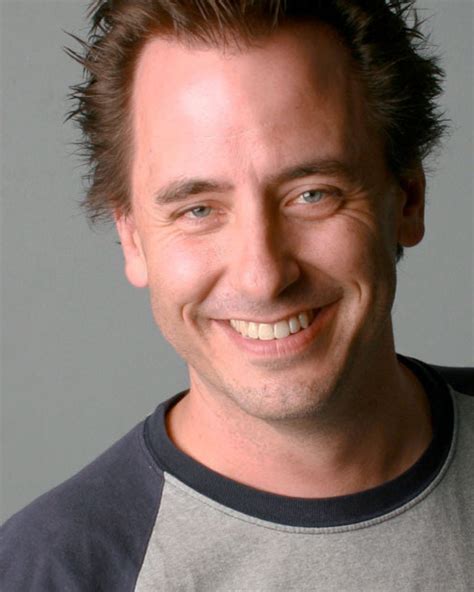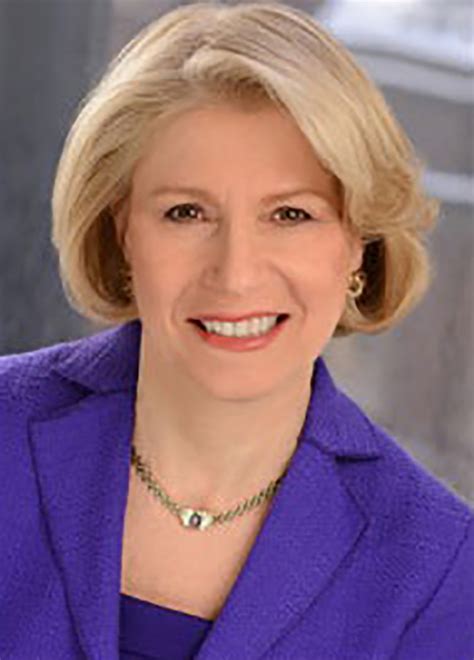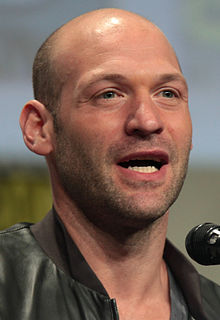A Quote by Gunter Grass
It is a wonderful thing in the process of writing when such paper characters are first sketched, and, when one is doing good work, from a certain point in time they come alive and start contradicting the author as well.
Related Quotes
Writing is hard work, and if anything's true about the process, it's that fact that a good story is hard to find and even trickier to get on paper. What's less romantic than staring alone at a blank screen? And edgy? I've changed the cat little because I didn't know what my characters were going to say next.
With non-fiction writing I feel like I'm confined and driven by what actually happened. That makes the "plot". So it's a process of getting all of my notes typed up, then scanning through the notes, trying to extract or find certain vignettes that seem like they might write well - that might have a potential for good energy, shape, etc. And then at some point I start stringing these together, keeping an eye on the word count.
I think the closest thing I can come to defining what that vital thing is for me - is that there's a sort of soul-quality in writing, if it's any good. It has a spirit or an energy to it that is very integral to who the writer is on a deep level. It's almost a cellular thing. It takes place in the cells of the writing, and it is what makes it alive or not.
For some reason there's this myth that creativity - [especially] in terms of creative writing - is a gift you either have, or you don't. So when people first start writing, if they write something that's not very good, or if they try and it's difficult, they go, "Oh, I guess I don't have it." That doesn't seem very fair, you have to try and you have to work at it. If we get scared of one bad poem and quit, that's not doing anybody any good.
This fear is one of the horrors of an author's life. Where does work come from? What chance, what small episode will start the chain of creation? I once wrote a story about a writer who could not write anymore, and my friend Tennessee Williams said, 'How could you dare write that story, it's the most frightening work I have ever read.' I was pretty well sunk while I was writing it.
I think at some level, it's just alchemy that we, as writers, can't explain when we write the characters. I don't set out to create the characters - they're not, to me, collections of quirks that I can put together. I discover the characters, instead. I usually go through a standard set of interview questions with the character in the beginning and ask the vital stuff: What's important to you? What do you love? Hate? Fear? .. and then I know where to start. But the characters just grow on their own, at a certain point. And start surprising me.







































